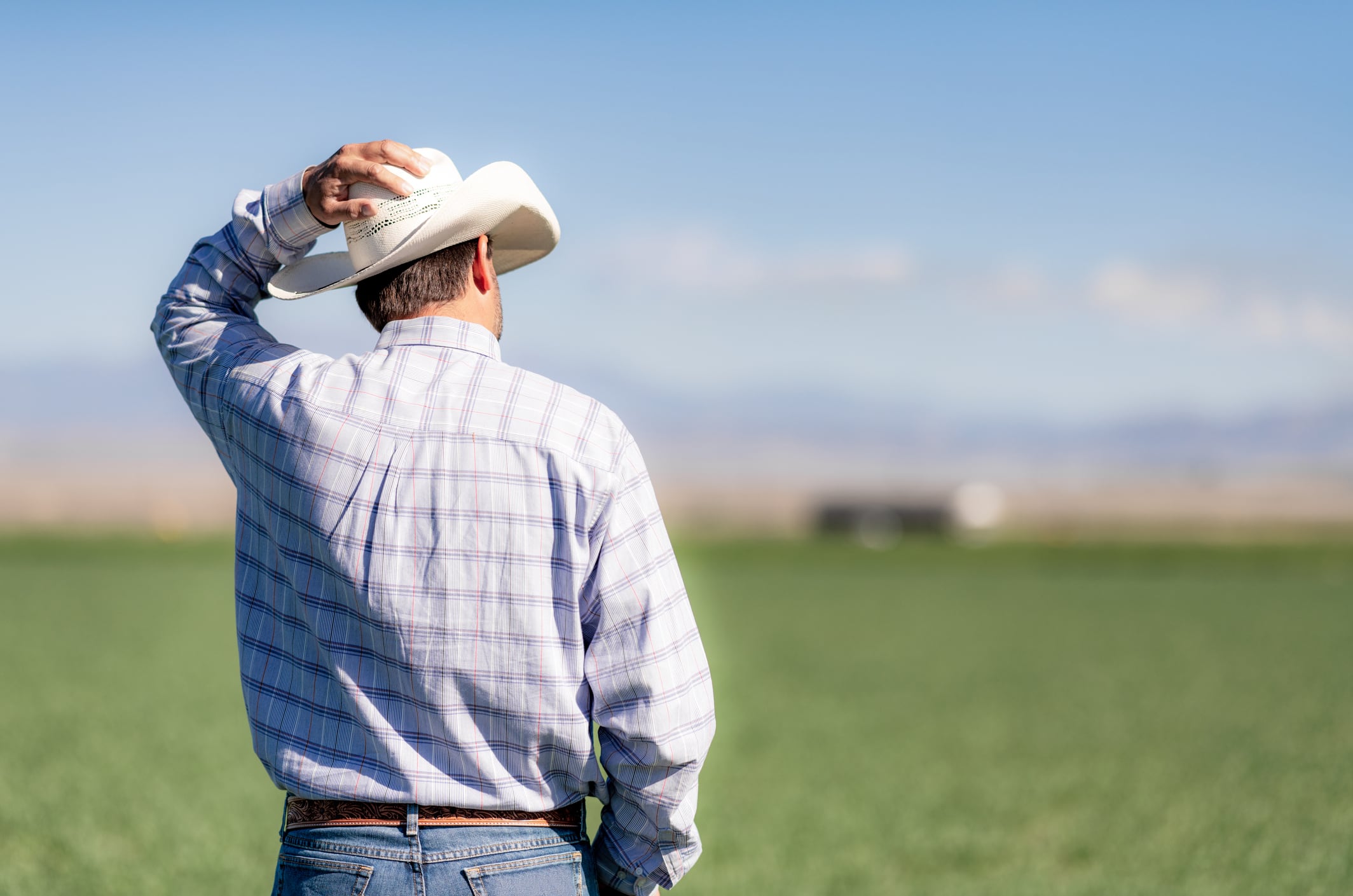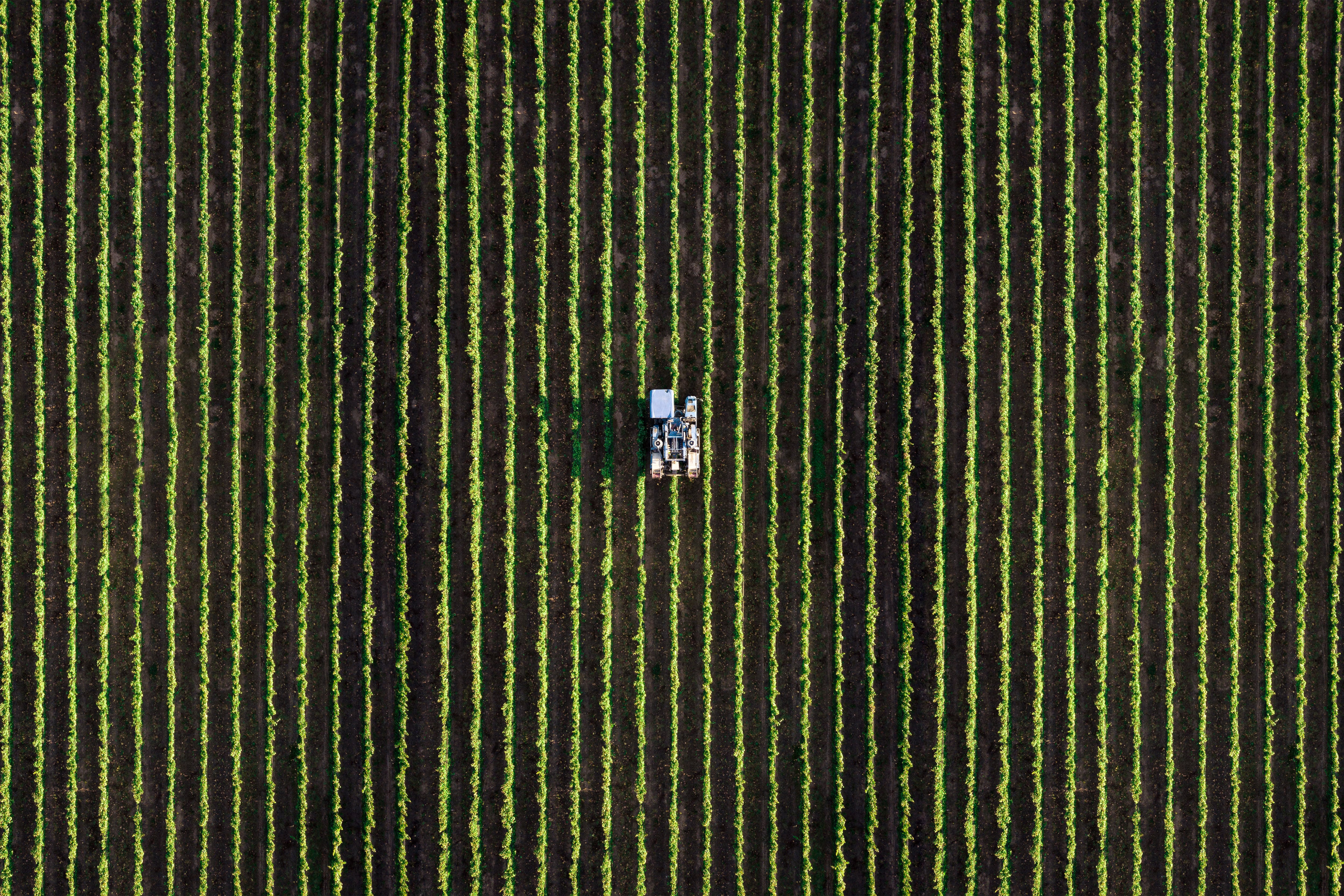US President Donald Trump’s major legislation win with the passage of the One Big Beautiful Bill Act (OBBBA) “will primarily benefit larger agricultural operations,” while creating uncertainty for agtech start-ups and smaller growers, Alex Frederick, senior research analyst at PitchBook, told AgTechNavigator.
PitchBook unpacked the agricultural pros and cons of the OBBBA — signed on July 4 — in a seven-page report published this week, stating that “the bill delivers sweeping new subsidies and safety nets to traditional commodity producers,” which could “come at the expense of innovation and sectoral dynamism,” Frederick shared in the report.
This “will make it harder for smaller operations and agtech ventures to compete or introduce disruptive solutions,” he added.
Unpacking what OBBBA means for agtech
Given the bill’s focus on traditional large-scale ag production, small and medium-sized farms will have “limited resources to invest in technology,” which “shrinks the total addressable market for agtech solutions,” Frederick stated in the report. Additionally, increased subsidies may “reduce the economic pressure that typically drives technology adoption,” he added.
However, the OBBBA has several provisions that could boost interest and investment in agtech. Trump’s landmark legislation includes restoring a research and development tax credit, increasing tax deductions for equipment purchases from $1.25 million to $2.5 million under Section 179, and extending the 45Z clean fuel production credit through 2029, PitchBook noted.
“We have seen the number of farms in the US steadily reducing over the past several decades. ... These provisions certainly will not help things and will not help level the playing field in any way.”
Alex Frederick, senior research analyst at PitchBook
Looking ahead, the ag sector is bracing for more uncertainty under the Trump administration, amid back-and-forth tariffs and an unpredictable farm bill, Frederick said.
“Tariffs are a major challenge that affects the companies operating internationally, and so it is so difficult to predict what will happen, but I think preparing for the worst case, and factoring that into your growth plans is important for startup founders,” he elaborated.
VC funding down again in Q2 2025
PitchBook is putting the finishing touches on its Q2 2025 agtech VC report, but preliminary numbers show sluggish deal flows as investors de-risk and laser in on profitability, Frederick said.
Global agtech VC funding declined to $3.4 billion in the first half of 2025, dropping 55.4% from the sector’s peak in the first half of 2020, according to PitchBook data in the OBBBA report. This follows a decline in VC deals in Q1 2025, with 132 deals in the quarter compared to 182 in Q4 2022 and total values dipping from $1.7 billion to $1.6 billion, per previous AgTechNavigator reporting.
“Five years ago, about roughly 30% of deals were seed-stage, 30% were early stage, 30% were late stage, and [there were] a few venture growth, which is basically pre-IPO. Today, over half are late-stage and ... about 20% in venture growth. So, investors are moving later stage, indicating the industry is maturing. And then also in the current environment where there is significant volatility, investors appear to be de-risking by focusing on the most attractive late stage,” Frederick elaborated.
What OBBBA means for large growers
The OBBBA also adds new subsidies that will largely go to the top 0.3% of farms and improves income stability for growers of crops like corn, soybeans, and wheat through higher Price Loss Coverage (PLC) reference prices, according to PitchBook.
Additionally, the bill boosts premium support for crop insurance for beginning farmers, increases the eligibility for who is considered a beginner farmer from five to ten years, and adds a pilot insurance program designed to assist poultry producers with their payment of various utilities, according to Iowa State University analysis.
The Congressional Budget Office estimates that the OBBBA will increase spending on agriculture by $56.6 billion over the next decade.
What OBBBA means for the small grower
The passage of the bill also comes as small and medium-sized farmers face a survival crisis, with many closing their farm gates for good, Frederick noted.
The US lost 141,733 farms from 2017 to 2022, according to data from the USDA Census of Agriculture. Farms that sold under $50,000 worth of agricultural products were among the heaviest hit, with 1.557 million farms operating in 2017, down to 1.402 million for a 9.95% decline. This is compared to farms that generated $5 million or more in revenue, growing from 9 to 16 during the same period.
“We have seen the number of farms in the US steadily reducing over the past several decades. ... These provisions certainly will not help things and will not help level the playing field in any way,” Frederick elaborated.





